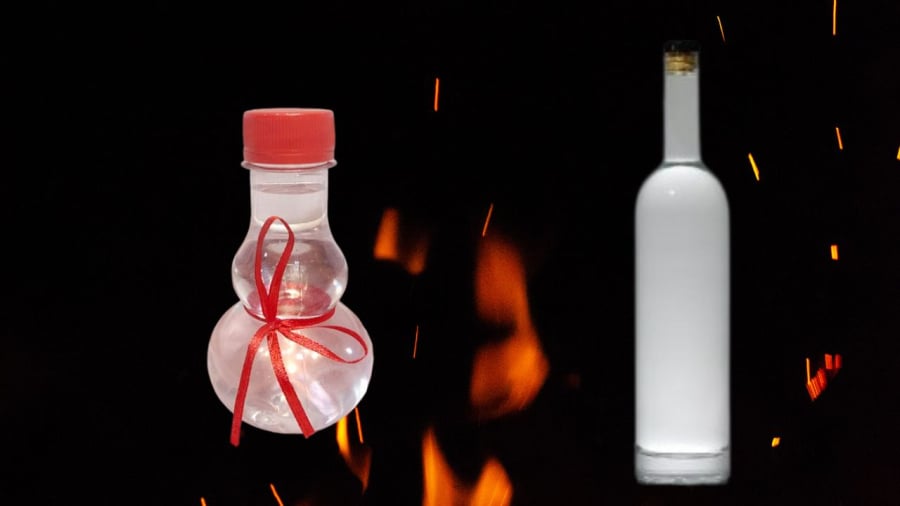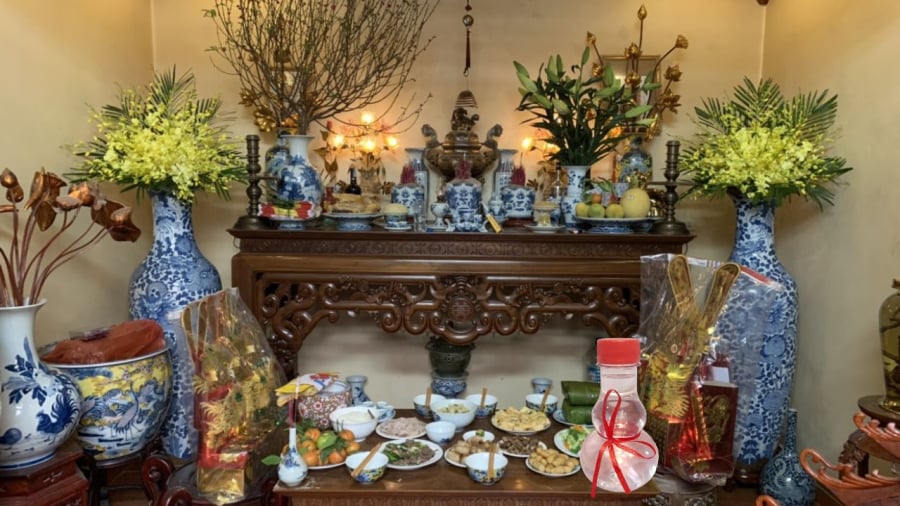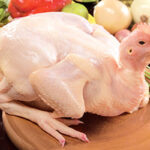## What Was the Significance of Offering Wine in Ancient Times?
What was the significance of wine offerings in ancient times?
Wine, in the cultural life of East Asia, is a refined drink made from grains. Wine plays an important role in social gatherings and hospitality, often served alongside tea. Offering wine is a way of presenting the essence of a nation’s culture.
Drinking wine together was a way for people in the past to understand and deepen their relationships.
As such, wine is an essential offering when honoring ancestors and deities. However, not just any wine will do. The wine offered must be the finest and purest Vietnamese wine, carefully fermented and brewed, and presented in elegant ceramic jars and bottles.

The Importance of Wine
When preparing offerings, our ancestors put their utmost sincerity and care into selecting the best items. Offering cheap or low-quality wine with unclear origins is considered disrespectful and inappropriate. Wine, like betel nuts and leaves, and water, is an integral part of Vietnamese spiritual culture. Offering fine wine is a way for descendants to show their reverence and respect to their ancestors and deities.
Wine is a distilled essence of rice, corn, sweet potatoes, and cassava, and is considered a delicacy. People in the past savored and appreciated wine rather than drank it to excess, which adds to the significance of wine offerings.
Many people make mistakes when offering wine.
Given the significance of wine, it should not be offered carelessly. Unfortunately, many people today offer fake or low-quality wine, or wine that is part of a tea and medicine set, as a token offering.
These bottles often contain mainly water and alcohol, creating a quick and inexpensive “wine” that people wouldn’t dare to drink themselves. Offering such wine on an altar is disrespectful and insincere, as it is essentially offering fake items to the deities and ancestors. Moreover, the ingredients in this wine can be harmful to humans.

Avoid Offering “Paper” Wine
This practice demonstrates a lack of devotion and indicates that the offering is merely a formality. If one cannot offer high-quality wine, it is better to offer nothing at all. At the very least, the wine should be made from glutinous rice and be drinkable by those partaking in the offerings, along with cigarettes and tea that are of consumable quality. The sets of wine jars, tea, and cigarettes sold at paper offering shops are mostly fake and are meant to be burned with the paper offerings. Offering these to the deities and ancestors is considered a spiritual offense.
Many families offer foreign wine, which, while acceptable due to cultural influences, cannot replace traditional white wine in ancestral worship rituals. Therefore, families should pay attention to this detail to avoid appearing flashy while being culturally and spiritually inappropriate.
Do not offer wine when worshipping Buddha
When purchasing offerings, many families buy similar items for their Buddhist altars, ancestral altars, and altars for deities and gods, such as tea, medicine, wine, cigarettes, flowers, and fruits. However, Buddhist worship has unique characteristics that set it apart from ancestral worship. In Buddhist culture, Buddha teaches followers to abstain from drinking, brewing, and selling wine, as it is believed to impair one’s mental clarity and induce delusion.
Therefore, when making offerings to Buddha, only water, vegetarian food, and fruits should be presented. Many people are unaware of this and continue to offer wine as they would to their ancestors. This demonstrates a lack of understanding and superficiality in their worship.
Given the above, it is important to remember that when offering wine to ancestors and deities, it should be authentic Vietnamese wine made from rice, corn, sweet potatoes, or cassava, and it should be of a quality that can be consumed after the ceremony.
For reference only






































